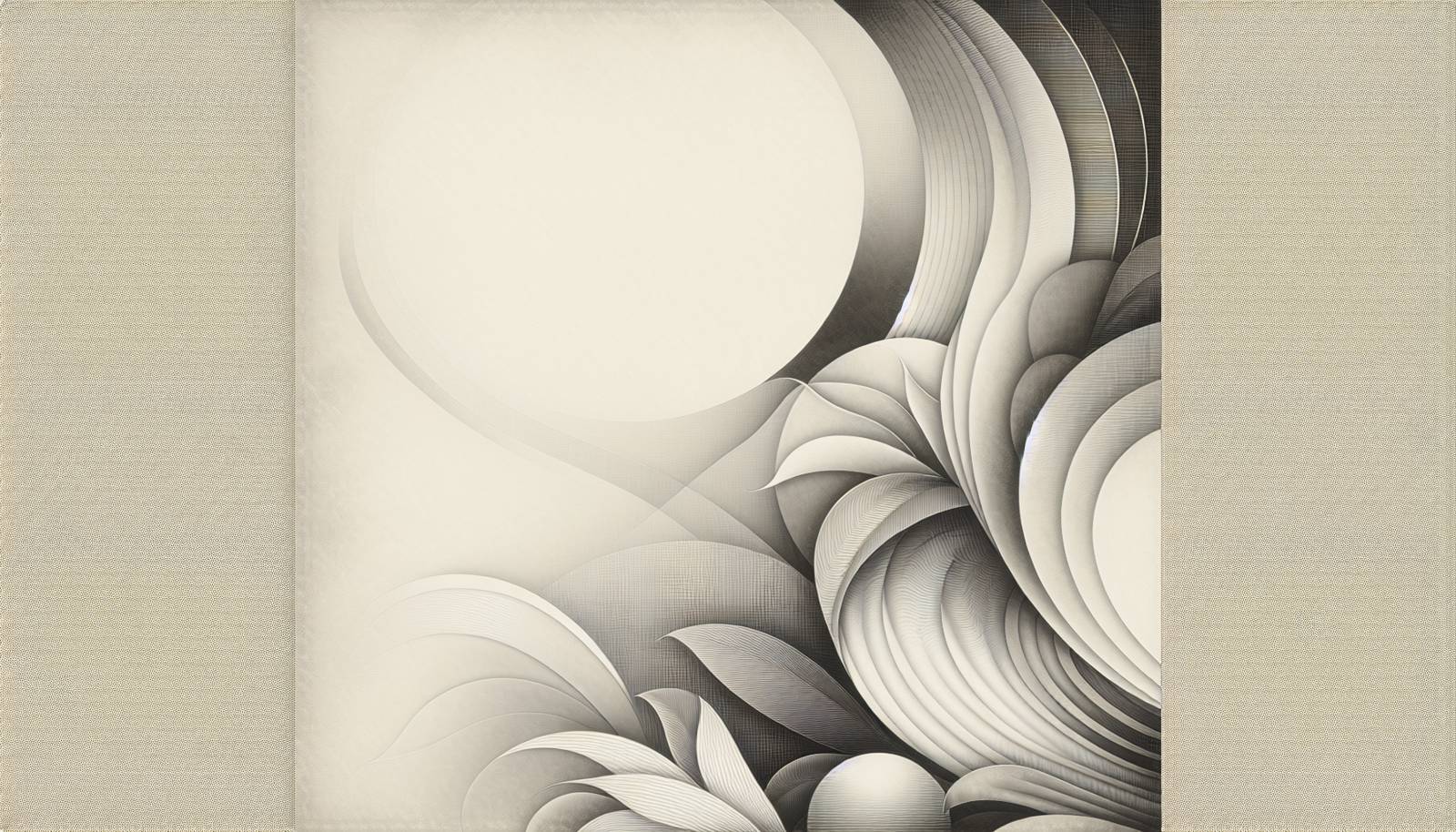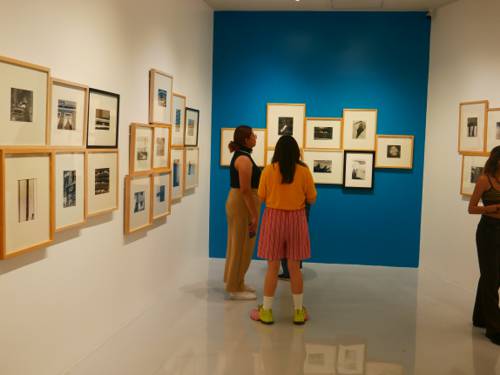
FAQ About Manuel Álvarez Bravo

Who was Manuel Álvarez Bravo?
Manuel Álvarez Bravo was a renowned Mexican photographer born on February 4, 1902, in Mexico City. He was considered one of the most significant figures in 20th-century Latin American photography, capturing the diverse and complex culture of Mexico through his work, which spanned several decades until his death in 2002.

What is Manuel Álvarez Bravo known for?
Álvarez Bravo is best known for his black-and-white photography that explores Mexican culture, folklore, and everyday life. His works often exhibit a poetic and surreal quality, blending the traditional with modernist influences. Some of his most famous images include 'The Crouched One' and 'Good Reputation Sleeping.'

When did Manuel Álvarez Bravo begin his photography career?
Manuel Álvarez Bravo began his photography career in the 1920s. He was initially influenced by the Mexican Muralism movement and was inspired after meeting photographers such as Tina Modotti. His first exhibition took place in 1932 in Mexico City, establishing his reputation as a photographer.

What themes are prevalent in Álvarez Bravo's photography?
Manuel Álvarez Bravo’s work often explored themes of Mexican identity, daily life, folklore, death, and the interplay between tradition and modernity. He frequently incorporated surreal elements, juxtaposing different concepts to create thought-provoking images.

Did Manuel Álvarez Bravo work with any famous artists or photographers?
Yes, Manuel Álvarez Bravo collaborated with many influential artists and photographers. He was associated with the likes of Tina Modotti, Edward Weston, and Diego Rivera. He also befriended French poet André Breton, who recognized the surreal aspects of Álvarez Bravo's work.

What are some of Manuel Álvarez Bravo's most famous works?
Some of Manuel Álvarez Bravo's most renowned works include "The Crouched One," "Good Reputation Sleeping," "Striking Worker Assassinated," and "Optical Parable." Each of these works exemplifies his ability to capture the nuanced and symbolic aspects of Mexican culture.

Why is Manuel Álvarez Bravo called the father of Mexican photography?
Manuel Álvarez Bravo is often referred to as the father of Mexican photography because of his pioneering role in defining the photographic style that showcased Mexican culture and identity. His work not only highlighted the unique nuances of Mexican life but also inspired future generations of photographers.

How did Manuel Álvarez Bravo influence modern photography?
Álvarez Bravo's influence on modern photography is significant due to his blend of documentary and artistic styles. By incorporating surrealism and deep cultural reflections, he challenged and expanded the traditional boundaries of photography, inspiring a global audience and future photographers to explore cultural themes in their work.

What awards or recognitions did Manuel Álvarez Bravo receive?
Throughout his career, Manuel Álvarez Bravo received numerous awards and recognitions for his contributions to photography. One notable accolade was the National Prize for Arts and Sciences in Fine Arts, awarded to him by the Mexican government in 1975. His work has been exhibited worldwide, solidifying his legacy in the art world.

Where can I see the works of Manuel Álvarez Bravo today?
The works of Manuel Álvarez Bravo can be seen in several prominent museums and art collections worldwide, including the Museum of Modern Art in New York, the J. Paul Getty Museum in Los Angeles, and the Museo de Arte Moderno in Mexico City. Additionally, many of his works are part of private collections.

What photographic techniques did Manuel Álvarez Bravo use?
Manuel Álvarez Bravo primarily used black-and-white film and was known for his mastery of light and shadow, composition, and timing. His photographic style ranged from straightforward documentation to surrealist interpretations, often employing a sense of abstraction and symbolism in his work.

What impact did the Mexican Revolution have on Manuel Álvarez Bravo's work?
The Mexican Revolution deeply influenced Manuel Álvarez Bravo's photography. The social and political changes of the period were reflected in his work, which often highlighted the struggles, resilience, and culture of the Mexican people. His work from this era documents the unique societal transformations of post-revolutionary Mexico.

Did Manuel Álvarez Bravo publish any books featuring his photography?
Yes, several books featuring Manuel Álvarez Bravo's photography have been published. These include "Manuel Álvarez Bravo: Photographs and Memories" and "Manuel Álvarez Bravo: Masters of Photography Series." These collections showcase a wide array of his work over his lengthy career.

Was Manuel Álvarez Bravo self-taught or formally educated in photography?
Manuel Álvarez Bravo was largely self-taught in photography. He initially pursued painting and music but developed a passion for photography, experimenting and learning by doing. This self-directed exploration allowed him to develop his unique photographic style.

How did Manuel Álvarez Bravo's background in music and art influence his photography?
His background in music and art profoundly influenced Manuel Álvarez Bravo's photography. The sense of rhythm and composition informed his photographic aesthetics, enabling him to create images that were not only visually compelling but also evocative of deeper emotional themes and narratives.

What camera equipment did Manuel Álvarez Bravo use?
Manuel Álvarez Bravo used a variety of cameras throughout his career, ranging from large-format cameras to more portable 35mm models. His choice of equipment often depended on the subject matter and the specific aesthetic he aimed to achieve in each photograph.

What is the significance of Manuel Álvarez Bravo's image 'The Crouched One'?
"The Crouched One," captured in 1931, is one of Álvarez Bravo's most famous images. It is significant for its use of shadow and form to convey a sense of mystery and introspection. The image exemplifies his surreal yet deeply introspective style that invites viewers to engage with the deeper narratives in his work.

How did Álvarez Bravo's photography change over his career?
Throughout his career, Manuel Álvarez Bravo's photography evolved from straightforward documentary styles to increasingly abstract and surrealist compositions. His later works often reflected more personal and introspective themes, showcasing his mastery in manipulating light, shadow, and form to evoke complex emotions.

Are there any documentaries or films about Manuel Álvarez Bravo?
Yes, several documentaries and films have been made about Manuel Álvarez Bravo, celebrating his life and work. Notable among them is the documentary "Manuel Álvarez Bravo: The Photographer’s Eye," which provides insight into his creative process and legacy as one of Mexico’s most influential photographers.

What was Manuel Álvarez Bravo's role in Mexican cinematography?
In addition to his still photography work, Manuel Álvarez Bravo also contributed to Mexican cinematography. He worked as a cinematographer for films such as "Redes" (1936), which provided him with a platform to explore motion imagery, enhancing his understanding of visual storytelling.
